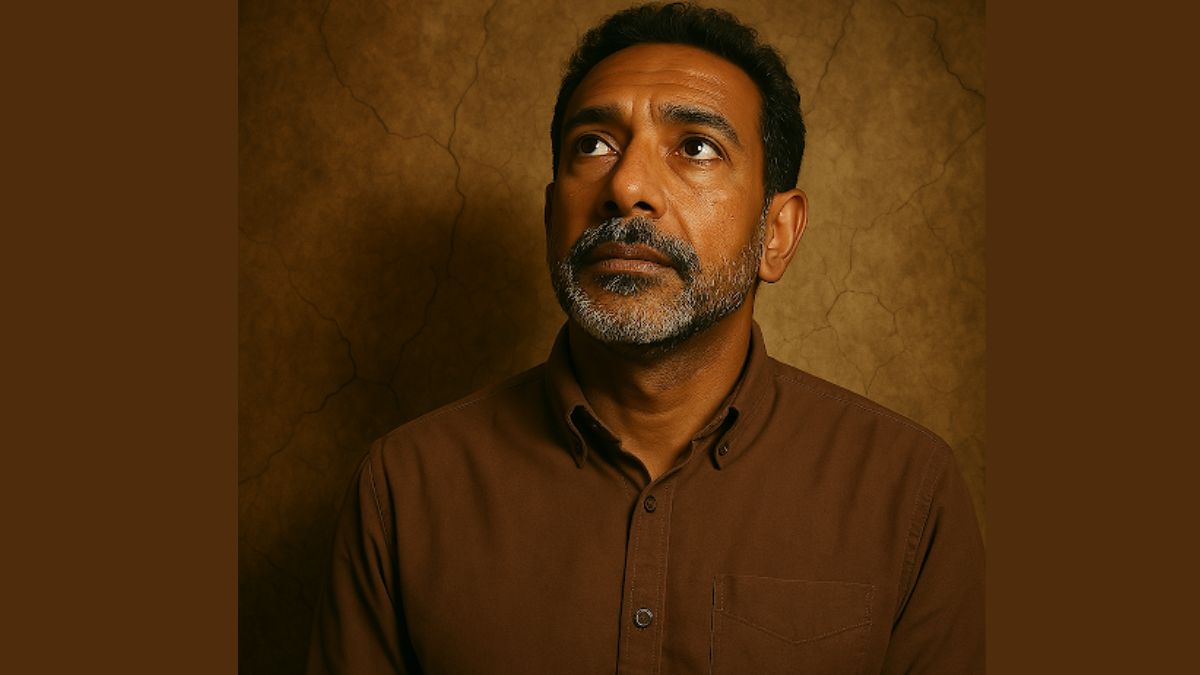Existentialism, as a philosophical tradition, has evolved through the insights of major thinkers like Jean-Paul Sartre, Simone de Beauvoir, and Albert Camus. Yet in the 21st century, a fresh voice is reinterpreting these existential tenets for a world wrestling with cultural crises, displacement, and identity politics. That voice is Samir Salih—a cultural theorist, ethnographer, and public intellectual whose unique engagement with existentialist philosophy reframes it within the lived experiences of marginalized communities and post-colonial contexts.
Who Is Samir Salih?
Samir Salih is a multidisciplinary scholar known for his work at the intersection of philosophy, culture, and anthropology. His writings frequently explore themes such as identity, alienation, freedom, and authenticity, drawing both from Western existentialists and indigenous traditions. Salih’s existentialist lens is not merely academic—it is a grounded, lived philosophy that engages with real-world socio-political issues.
A New Existential Voice in Cultural Discourse
Salih’s growing body of work challenges the Eurocentric roots of existential thought. By applying existentialist concerns to colonized and conflict-affected societies, he opens new doors for the philosophy to remain relevant in today’s fragmented, globalized world.
The Foundations of Existentialism
To understand Samir Salih’s reinterpretation, it’s essential to revisit the foundations of existentialist philosophy:
Individual Freedom – The idea that individuals are free to choose and must bear responsibility for their choices.
- Absurdity – The disconnect between human desire for meaning and a seemingly indifferent universe.
- Alienation – A pervasive sense of estrangement from the world or society.
- Authenticity – Living in accordance with one’s true self, rather than conforming to external expectations.
These concepts are central to Salih’s intellectual exploration, but he revises them through a culturally attuned, historically aware perspective.
Samir Salih and the Post-Colonial Self
One of Salih’s major contributions is his analysis of existential crises among post-colonial subjects. He argues that the trauma of colonization produced not only economic and political disruptions but also psychological alienation. Individuals in formerly colonized societies often experience what he calls “a dual consciousness caught between imposed identity and inherited tradition.”
This condition echoes Frantz Fanon’s insights in Black Skin, White Masks, but Salih goes further to link it with classical existential dilemmas: How does one remain authentic when one’s cultural and linguistic framework has been systematically devalued?
The Role of Language and Cultural Memory
Salih places a strong emphasis on the role of language in the formation of self. For him, the erosion of native languages is more than linguistic loss—it is existential disempowerment. Language, as Salih sees it, is the first terrain where existential authenticity must be reclaimed.
“To speak one’s mother tongue in a colonized world,” writes Samir Salih, “is an act of radical authenticity.”
Freedom and Responsibility in Oppressive Contexts
While Jean-Paul Sartre championed absolute freedom, Salih critiques this notion when applied indiscriminately across cultural lines. For Salih, freedom is always contextual. People born into systems of oppression may technically have the ability to choose but are socially and economically constrained in ways that render choice itself a privilege.
Instead of abandoning the idea of freedom, Salih reframes it. He introduces the concept of “contingent freedom,” which acknowledges both individual agency and structural limitations.
Freedom as Cultural Reclamation
Salih’s existentialism thus takes on a communal dimension. Where Sartre’s individual often acts in isolation, Salih views freedom as a process that involves reclaiming one’s cultural and historical narrative. True existential agency, in his view, arises from collective awareness and solidarity.
Alienation in the Modern Global Order
Samir Salih has also written extensively on the existential toll of migration and exile. Drawing from his ethnographic fieldwork among displaced populations, Salih interprets alienation not as a philosophical abstraction but as a daily psychological and cultural reality.
For refugees and stateless individuals, alienation manifests as:
- Loss of cultural continuity
- Legal invisibility
- Identity fragmentation
- Social marginalization
“Alienation is not an idea,” Salih states, “it is the sound of a native tongue being swallowed in a foreign land.”
Reclaiming Belonging Through Memory
To counteract this alienation, Salih encourages the use of collective memory and storytelling. He posits that remembrance is resistance—an act of self-location in a world that seeks to erase context.
The Absurd and Spirituality in Salih’s Philosophy
While Albert Camus considered the universe inherently meaningless, Salih questions whether this applies universally. In many traditional societies, the sacred and the secular coexist. For them, absurdity is not a universal condition but a symptom of modern disconnection from spiritual frameworks.
The Return to Sacred Narratives
Salih’s existentialism is not atheistic by default. Instead, it leaves space for ritual, myth, and ancestral wisdom. Rather than negating the sacred, Salih encourages its reinterpretation in modern life, suggesting that cultural traditions can offer existential grounding without succumbing to dogma.
Authenticity Reimagined
In a globalized world where identities are fluid, Salih challenges essentialist notions of authenticity. He argues that authenticity must evolve to accommodate hybridity. One can be modern and traditional, rooted and global, without being inauthentic.
The Ethics of Self-Invention
Salih suggests that authenticity today means choosing one’s contradictions consciously. It involves recognizing one’s layered identity while resisting pressures to simplify or assimilate.
“To be authentic,” writes Salih, “is not to be pure—but to be honest about one’s complexity.”
Criticism and Legacy
Critics of Salih argue that his existentialism strays too far from its European roots. But for his supporters, that is precisely the point. Salih’s work decolonizes existentialism, making it relevant for people and cultures that were historically excluded from philosophical discourse.
His ability to blend continental philosophy, indigenous thought, and lived experience gives existentialism a new vitality for contemporary readers.
Academic and Public Reception
Salih’s writings have been translated into multiple languages and are being taught in global studies, philosophy, and cultural theory programs across universities. His essays are frequently cited in discussions around decolonial theory, cultural identity, and refugee studies.
Conclusion: Why Samir Salih’s Existentialism Matters Today
In revisiting existentialism through the eyes of Samir Salih, we are reminded that philosophy is not just an academic exercise—it is a tool for survival, healing, and transformation. Salih challenges us to:
- Rethink the nature of freedom in unjust systems
- Recognize the psychological weight of cultural loss
- Reclaim authenticity in a fragmented world
- Rediscover meaning in sacred and ancestral narratives
His work extends existentialism beyond its traditional boundaries and brings it into dialogue with the struggles of our time. For those seeking relevance, resilience, and rootedness in a rapidly changing world, Samir Salih’s existential vision offers a powerful and necessary guide.










